Vice President Kamala Harris and former President Donald J. Trump have markedly different approaches and visions on key issues that impact Americans' everyday lives and the country’s political landscape.
Here’s a look at what Ms. Harris and Mr. Trump have accomplished and what they propose for critical topics, including abortion, climate change, crime, democracy, the economy, education, foreign policy, health care, immigration, the situation in Israel and Gaza, and L.G.B.T.Q. rights.
Foreign Policy
Kamala Harris advocates for an active global presence by the United States, emphasizing the importance of NATO and other military alliances. She supports continued military aid to Ukraine. While she has not outlined comprehensive policies regarding China, she has expressed the intention to safeguard the U.S. from China's economic practices while maintaining diplomatic and economic connections.
Donald Trump has expressed skepticism about alliances such as NATO, even suggesting he might not support defending a member country if he believed it wasn't contributing adequately to its own defense. He has shown reluctance to provide additional military aid to Ukraine and has emphasized his goal of ending the United States' economic dependence on China.
NATO
Kamala Harris has played a role in an administration committed to bolstering NATO, overseeing its expansion in response to Russia’s invasion of Ukraine. Like President Joe Biden, she champions the defense cooperation that underpins the alliance and has criticized Donald Trump for previously suggesting that Russia could target NATO allies that do not meet defense spending commitments. Harris's stance emphasizes the importance of a united NATO in maintaining global security and deterring Russian aggression.
Donald Trump views the Alliance as a financial burden on the United States, arguing that the alliance drains resources. He previously threatened to pull the U.S. out of NATO and has called for European nations to repay nearly $200 billion spent on munitions for Ukraine. One of his advisers has floated the idea of a tiered protection system, which would offer varying levels of defense commitment depending on how much member nations contribute.
Ukraine
Kamala Harris supports ongoing U.S. aid to Ukraine as it defends against Russia’s invasion. She played a key role in helping President Biden rally European allies to back Ukraine, including coordinating sanctions on Russian exports and officials. Harris has met with Ukrainian President Volodymyr Zelenskiy seven times and has dismissed any proposals for Ukraine to cede territory in exchange for peace as “proposals for surrender.”
Donald Trump has advocated for a negotiated peace between Ukraine and Russia, implying that parts of Ukraine may need to be ceded to Russia as part of a settlement. He has stated he would not approve additional funding for Ukraine and opposed aid legislation in Congress. However, he has recently acknowledged Ukraine’s security as a significant U.S. interest. Trump has claimed he could end the war in 24 hours but has not detailed how he would achieve this.
Israel and Gaza
Kamala Harris has stated that Israel has the right to defend itself against Hamas and supports continued U.S. weapons assistance to Israel. While she has called for a cease-fire, she has placed somewhat more emphasis than President Biden on addressing the humanitarian crisis caused by Israel’s bombardment and invasion of Gaza. Harris also supports a two-state solution.
Donald Trump has positioned himself as a strong supporter of Israel, taking significant pro-Israel actions during his presidency. He continues to back Israel in its Gaza conflict and has criticized pro-Palestinian demonstrators in the United States. However, he has also advised Israel to “finish up” the war, warning that prolonged conflict could erode international support. Recently, he expressed scepticism about the feasibility of a two-state solution.
China
Kamala Harris, during her time as vice president, focused on strengthening ties with Asian nations wary of China’s growing influence, such as Japan, the Philippines, and Vietnam. Her efforts aim to build alliances that can help deter Chinese aggression. Harris is expected to continue President Joe Biden’s strategy of maintaining a balance between managing tensions and cooperation with China, including restrictions on U.S.-made chip exports. Her approach emphasizes diplomatic engagement and strategic partnerships to counter China's rise.
Donald Trump has pledged to ramp up economic pressure on China, including significant tariff hikes that could ignite another trade war. He also aims to prevent Chinese companies from owning critical U.S. infrastructure in sectors like energy and technology. During his presidency, Trump escalated ties with Taiwan, allowing more direct interaction between American and Taiwanese officials, a move that infuriated Beijing. However, in 2023, he declined to state whether he would commit U.S. forces to defend Taiwan in the event of a Chinese invasion.
Iran and Proxies
Kamala Harris affirmed her commitment to supporting Israel in its defence against Iran and Iranian-backed militias such as Hezbollah. In 2016 she endorsed the Iran nuclear deal negotiated by former President Barack Obama and international leaders. She described the agreement, which limited Iran’s nuclear program in exchange for sanction relief, as “the best available option” to prevent Iran from developing nuclear weapons and to avoid a potentially catastrophic military conflict in the Middle East.
Donald Trump, after Iran launched a retaliatory strike on Israel back in April, stated that he would support Israel in the event of Iranian aggression. He also declared that if Iran threatened an American political candidate, as he had been recently, he would warn Iran’s leaders that any harm would result in the destruction of their largest cities and significant portions of the country.
Trump famously withdrew from the Iran nuclear deal established by President Barack Obama and foreign leaders, which required Iran to restrict its nuclear program in exchange for lifting sanctions. His administration increased sanctions on Iran and ordered the assassination of a top Iranian military commander Ismael Suleimani, prompting Iran to abandon its nuclear restrictions. In September 2024, Trump indicated a willingness to discuss a new agreement but did not offer any details.



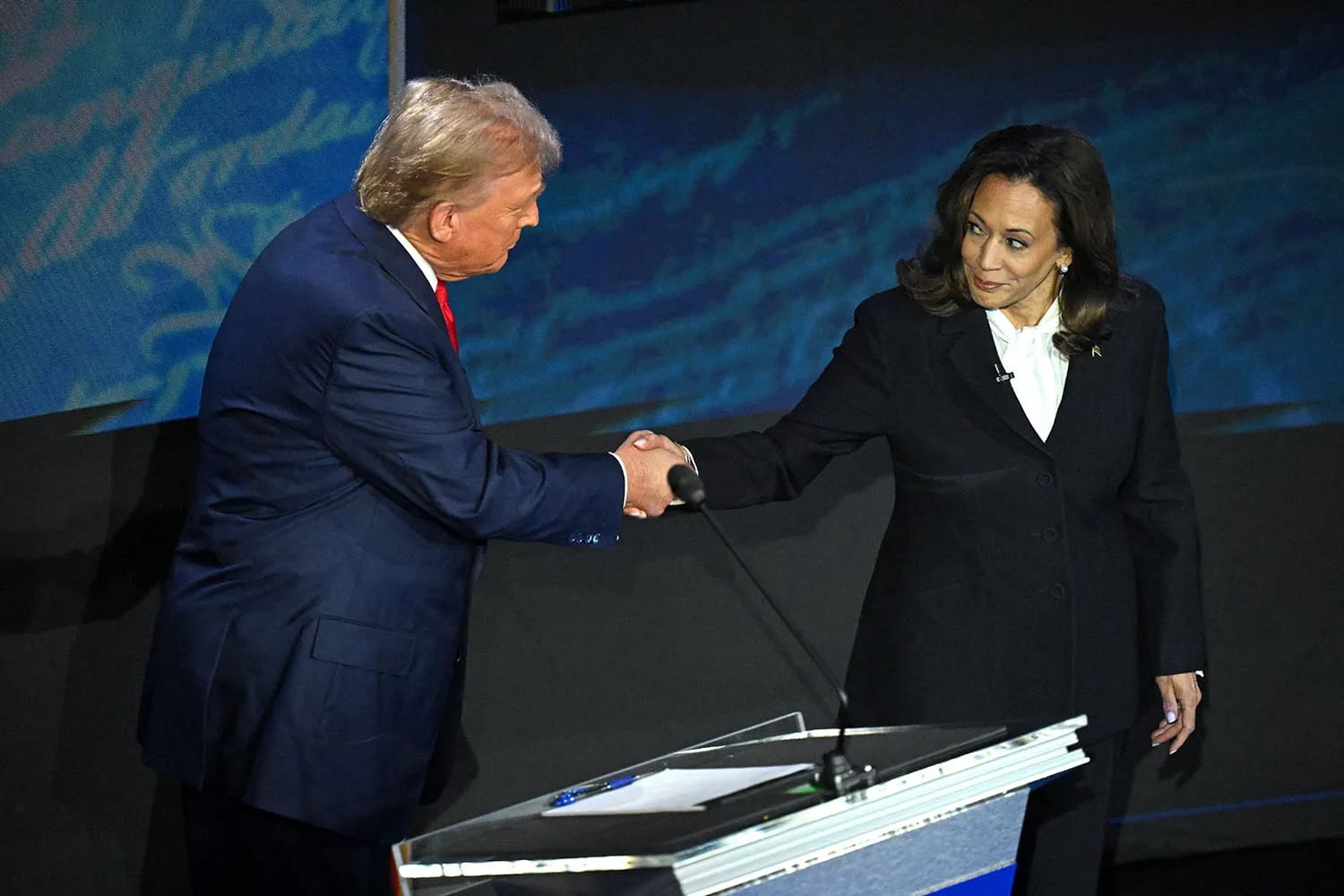



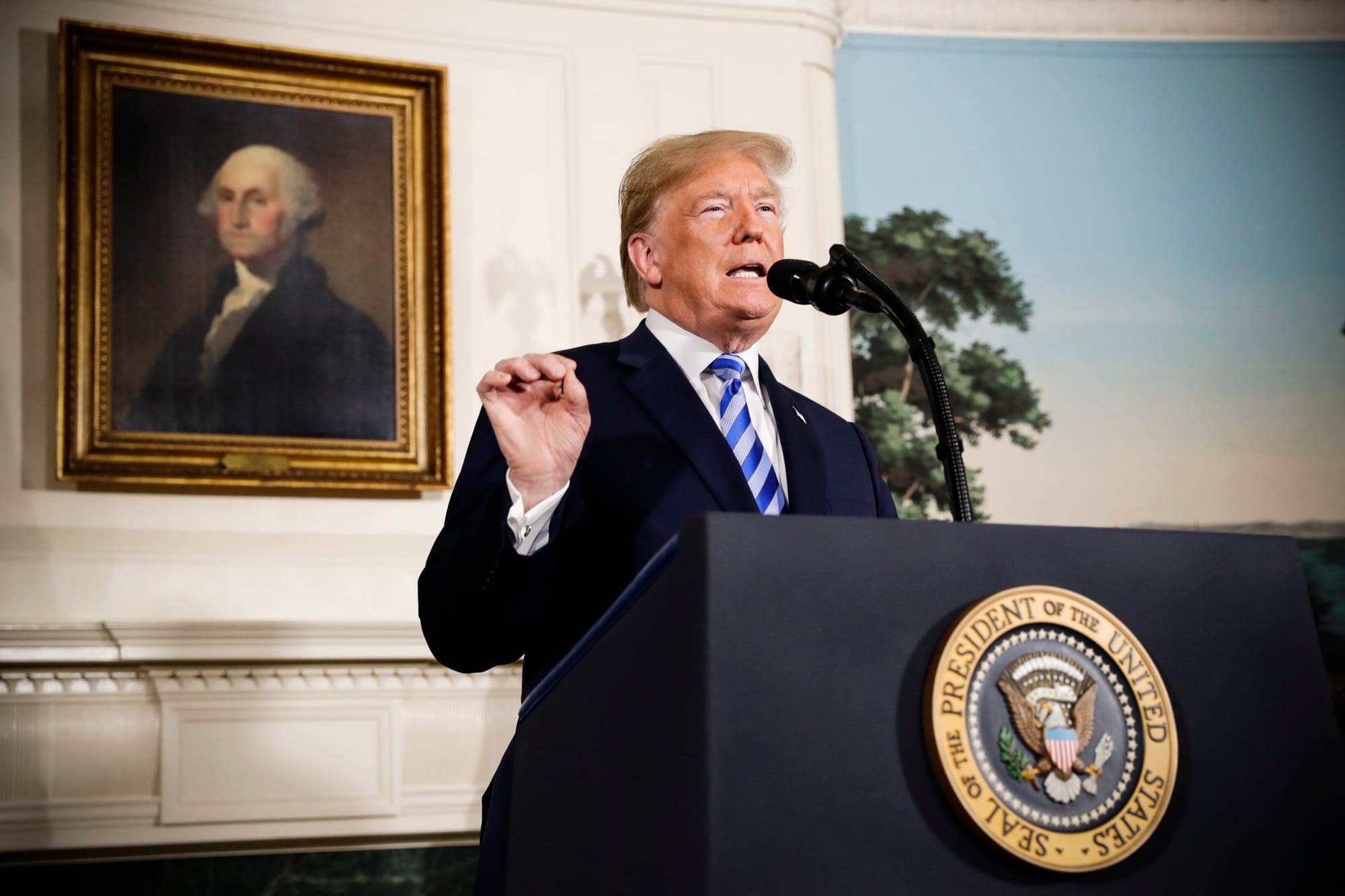
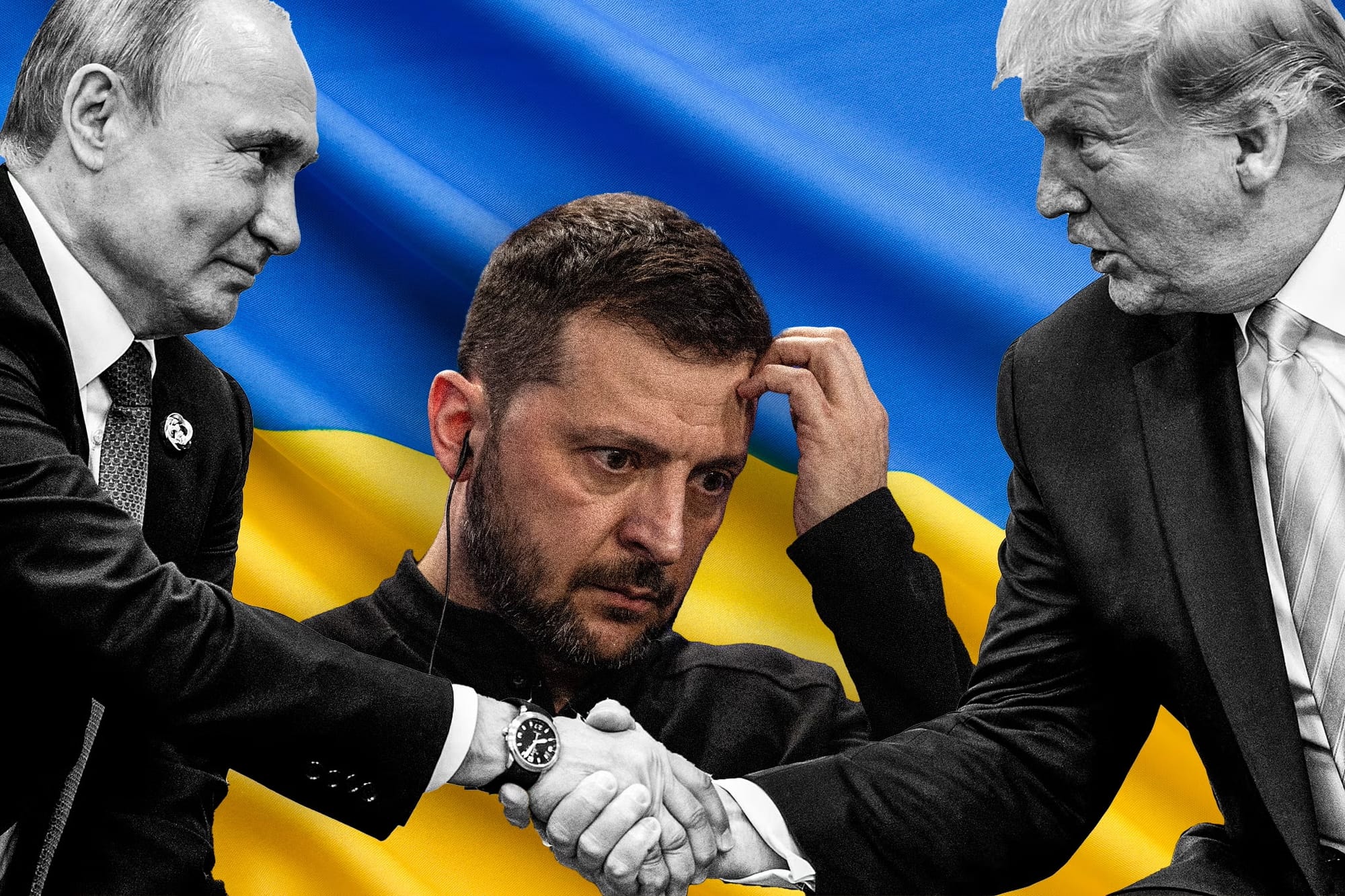

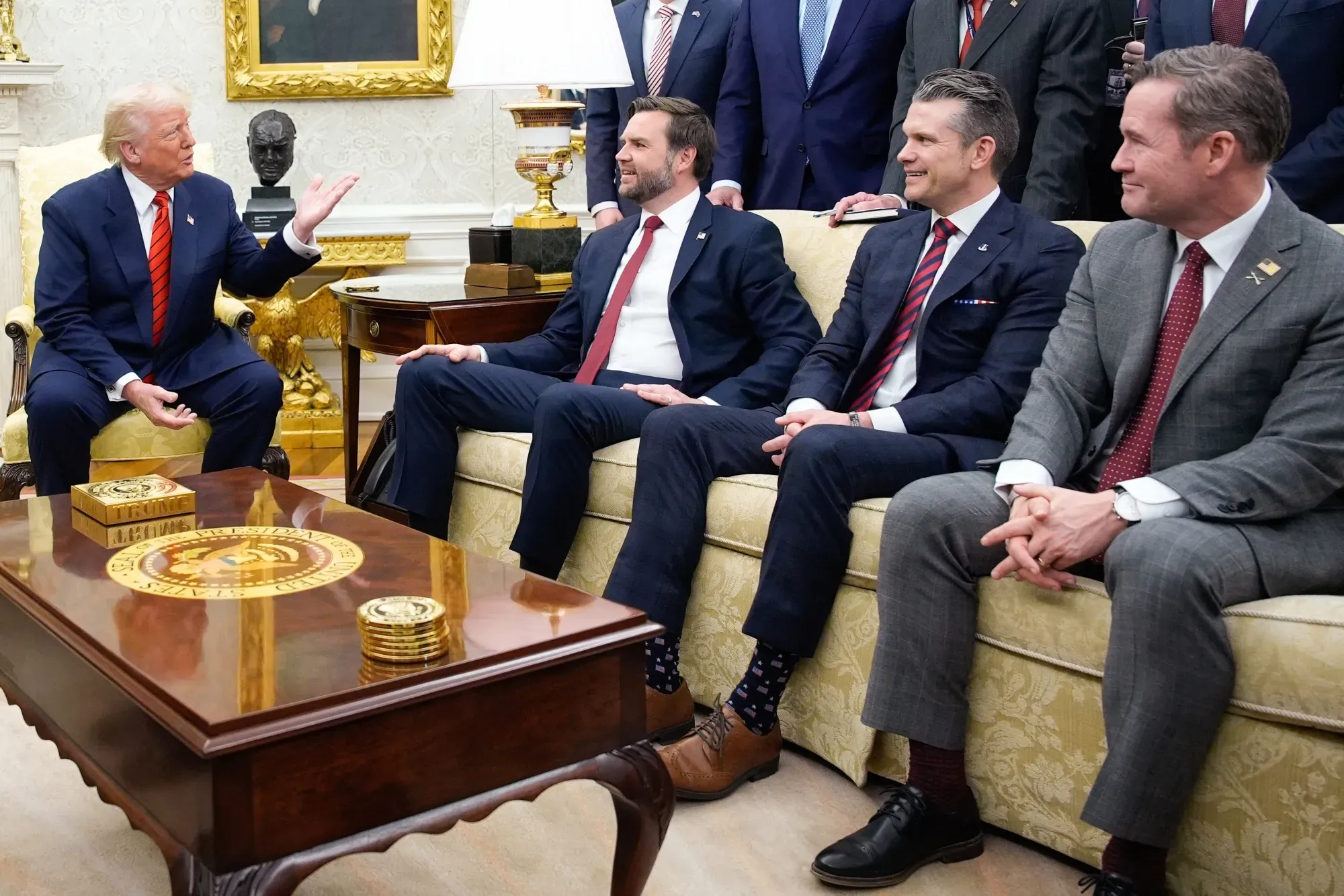
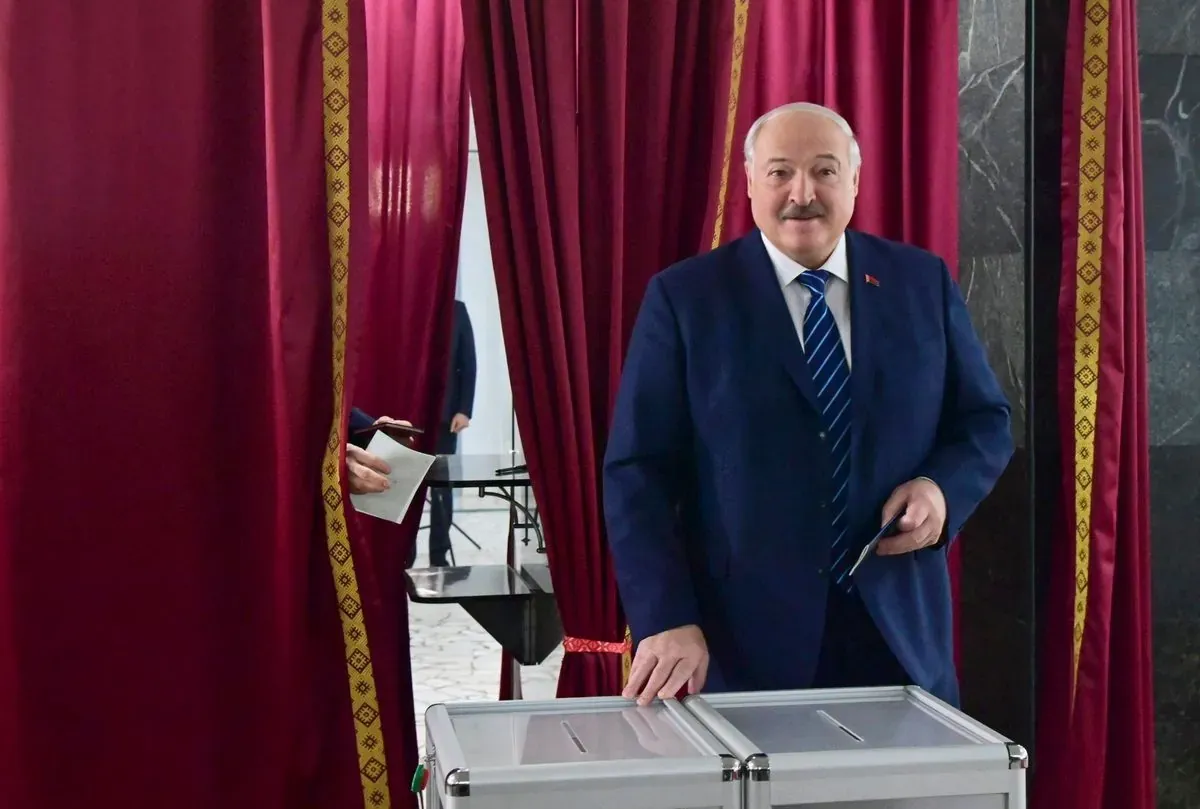

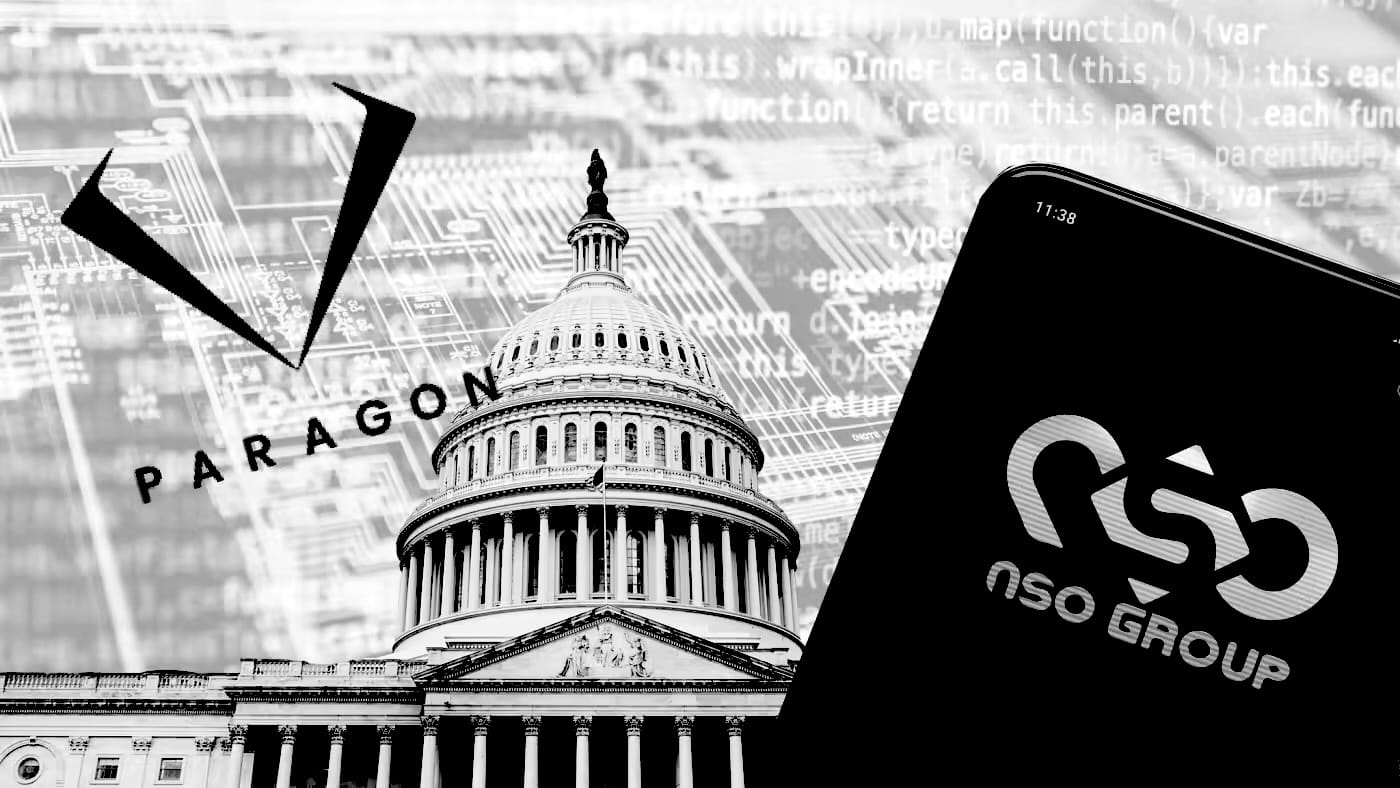
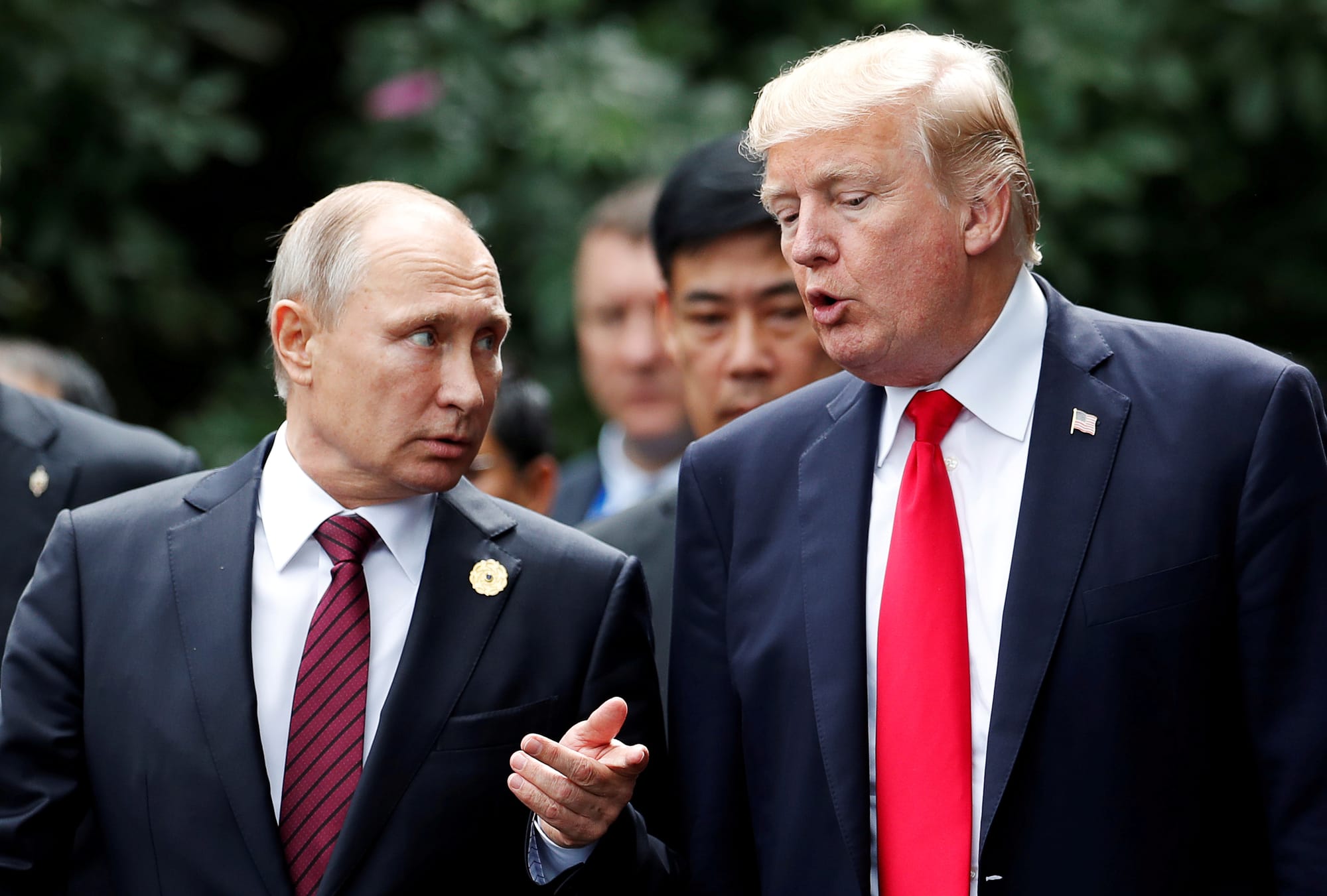
Discussion